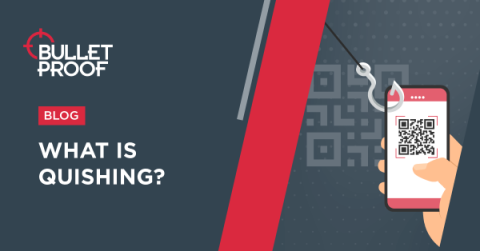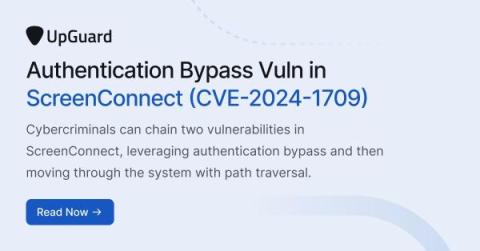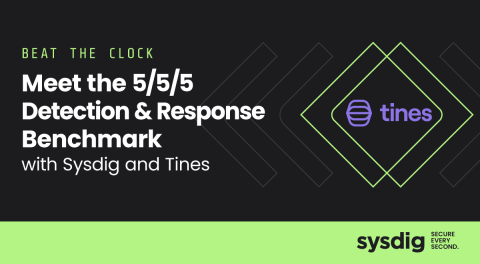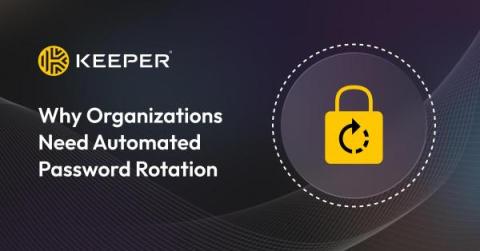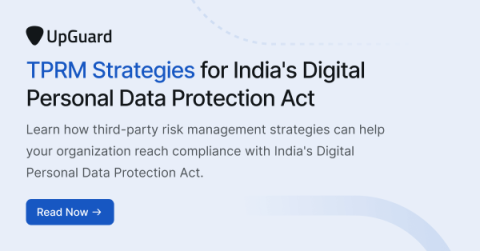Data Breach at French Healthcare Payment Processor Puts 20 Million Policyholders at Risk
A single account being phished caused millions of French healthcare policyholder records to be breached. I’ve said it before… it only takes one phish. And in the case of French payment processor, Malakoff Humanis, a single click enabled a cyber attack was the catalyst for a data breach that occurred earlier this month, according to their post on LinkedIn (press See Translation for a localized version of the post).



